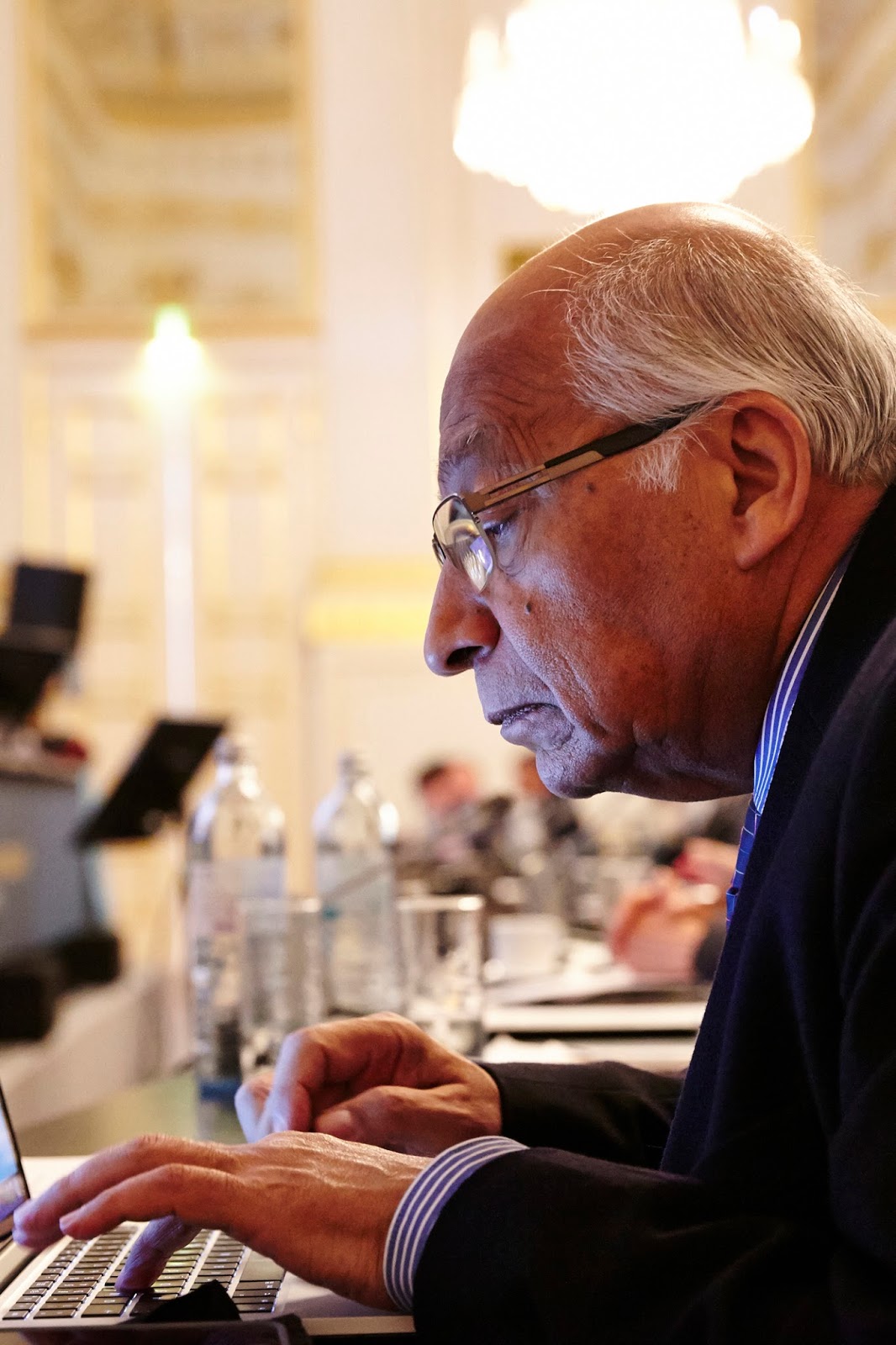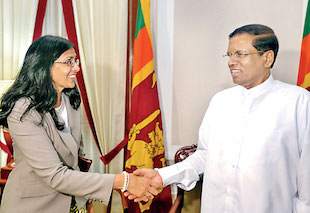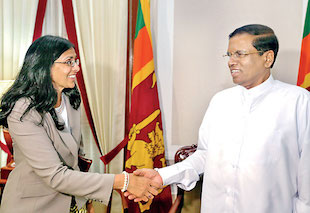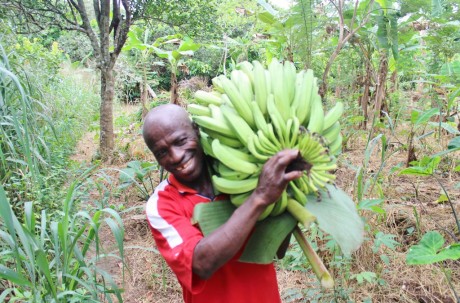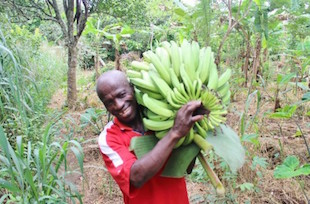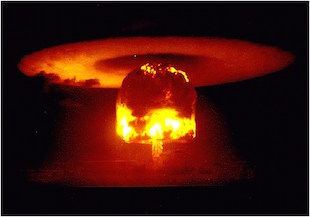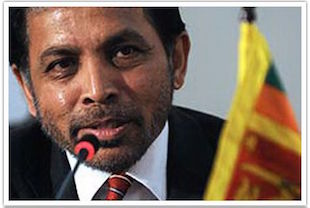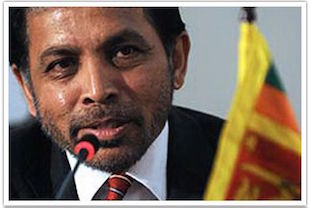NEW YORK (IDN) – UN Secretary-General Ban Ki-moon has set up a group of ten experts to provide flesh and blood to the Technology Facilitation Mechanism (TFM) that was launched at the United Nations Sustainable Development Summit on September 25, 2015.
The Mechanism seeks to promote science, technology and innovation to achieve the 2030 Agenda. The group consists of representatives of civil society, the private sector and the scientific community.



